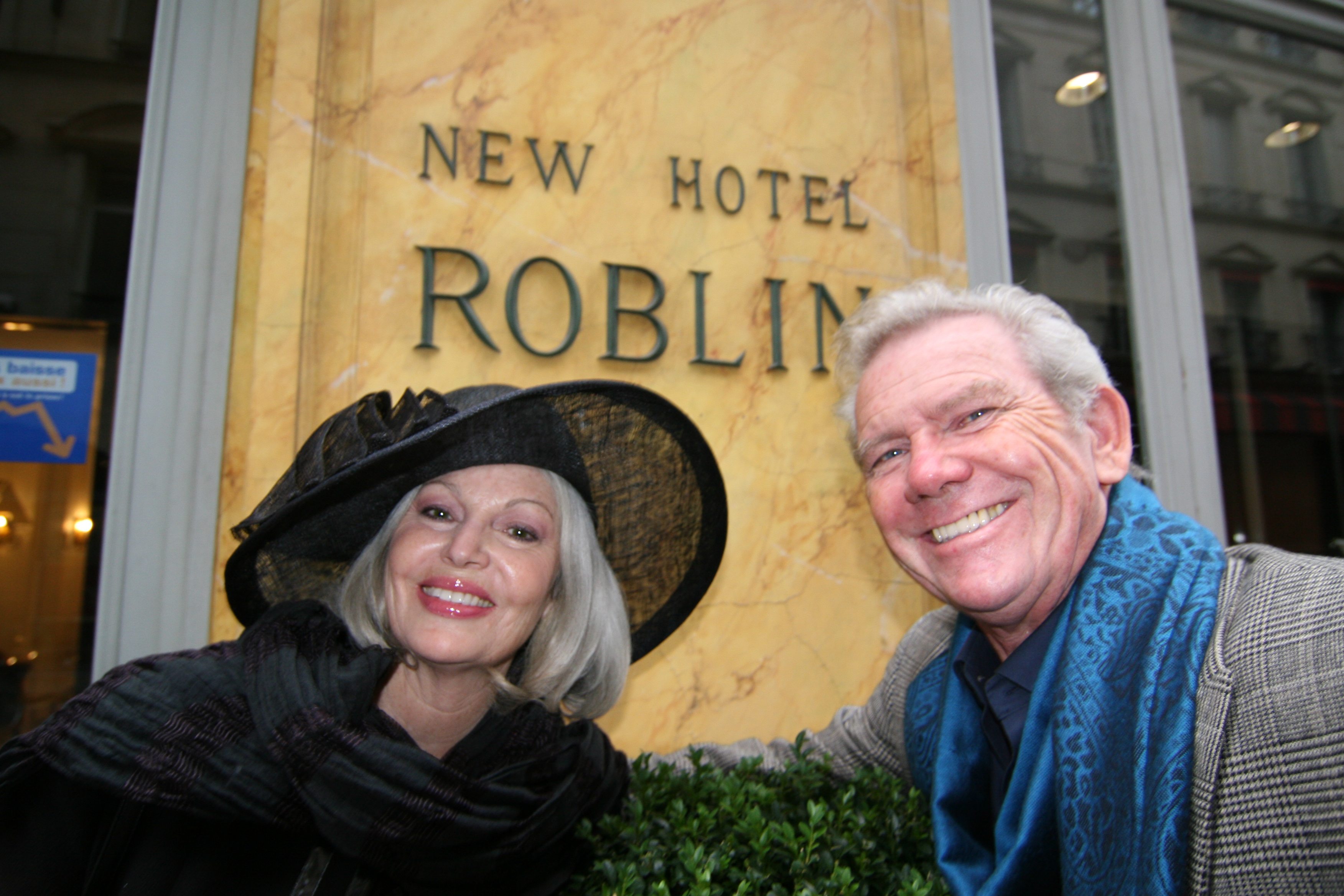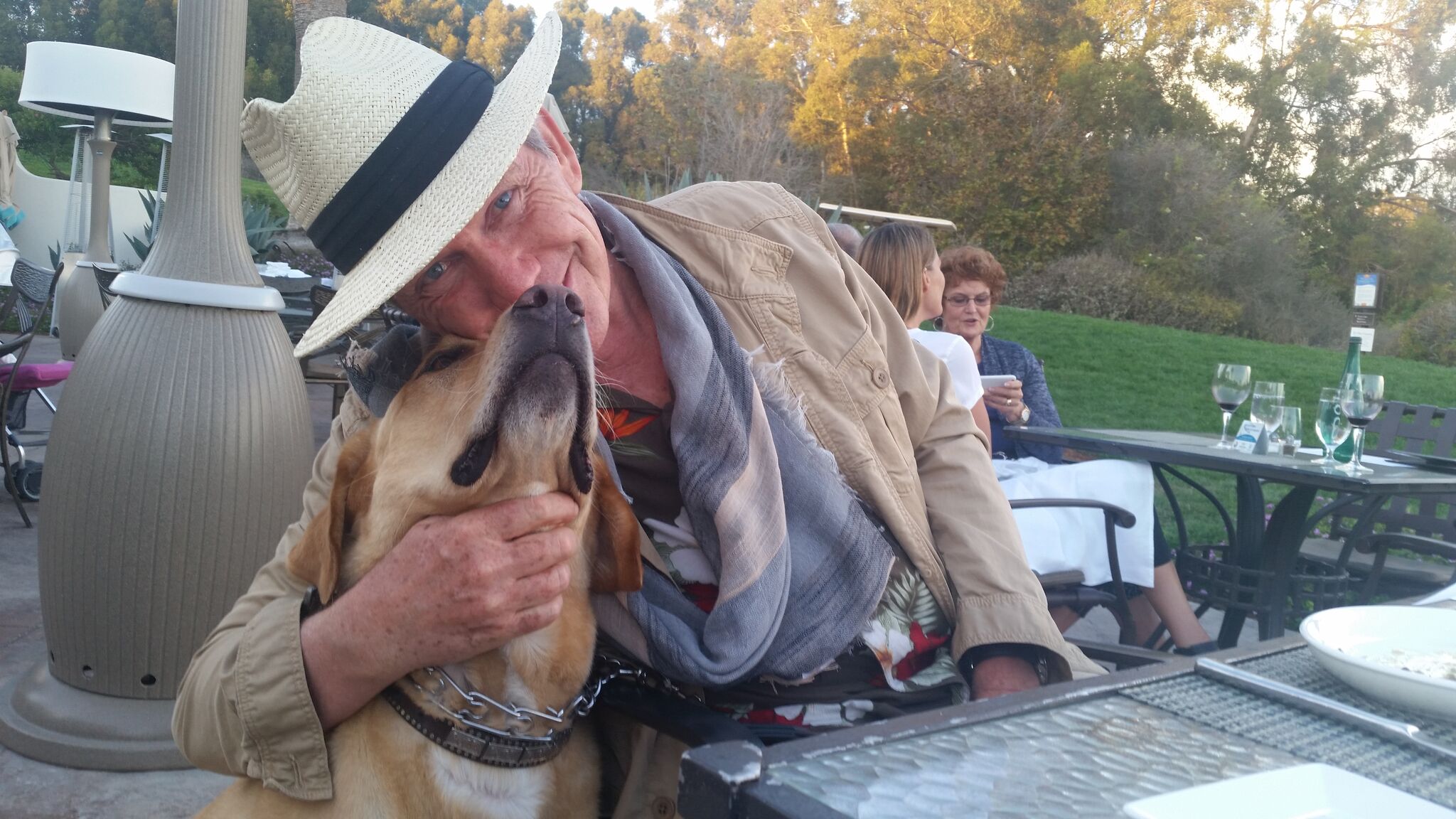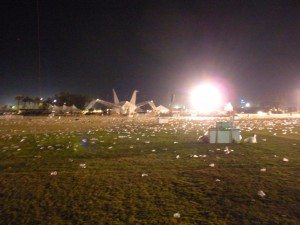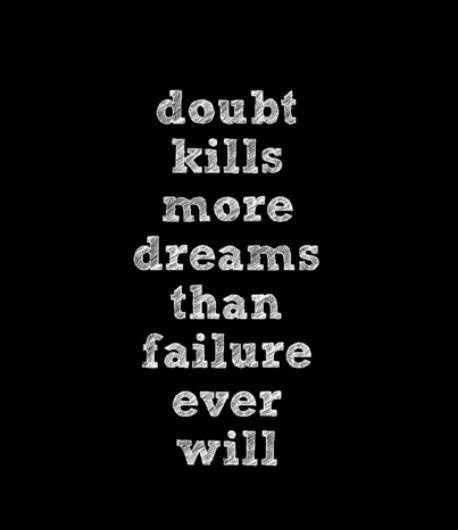By: Linsley Oaks, LuxEco Living Editorial Assistant
Modern Western man (and woman) has evolved into a very private creature. We no longer roam large territories in herds; instead we are isolated in our ‘little boxes on the hillside’, leaving them in our 4 wheeled single occupancy pods and going to our respected segregated cubicles, only to return to our little box on the hillside. We have worked long and hard to create a society that supports this kind of privacy, so much so that private shelter is considered a basic human right. I think a lack of privacy is even what shocks many of us about how the homeless live: we have a deep and negative association with being exposed, without walls, naked to the elements for all eyes to see.
Even our waste has become private. Bodily waste is released in a private setting; only the closest of human bonds allow for communal bathroom breaks (i.e. parents and small children, close girlfriends who have perhaps had one too many and need a hand). It is considered, thankfully, rude to urinate in public. All well and good, but what about our waste we make through producing and utilizing the myriad of products that have become necessary for daily life?
Trash cans are often hidden under sinks or are equipped with decorative and aesthetically pleasing lids so we don’t have to look at its contents. Trash bags are generally black and enveloping, disguising the remains of our consumptions. Some are even scented. Even with the convenience and ease of trash bags and cans, taking out the trash is considered by many to be the most distasteful of the chores. More often than not, we like our trash to be out of sight and out of mind.
Working festivals such as Stagecoach, Coachella and Phish out in Indio, I get to see modern man getting in touch with his roots. For a brief period (a day, a weekend, an evening) thousands of people operate, for all intent and purpose, as a herd. Large groups of people camp in close quarters, eat in front of and next to strangers, spend hours on end out in plain sight with no where to hide, and are exposed to thousands more people than on a normal day. Watching it all, you get to see intimate moments normally reserved for the home environment: fighting couples, loving couples (sometimes too loving), frustration, anxiety, and wonder. From the point of view behind the bar, looking out over the field flooded with people, I can almost hear the Discovery Channel monologue guy crooning his commentary (“the herd, sensing danger, forms a circle and turns their backs to the predators”; “seeking nourishment, the herd migrates”; “the Alfa male performs a mating ritual display to a desired female”). The full spectrum of human behavior is anything but private in a festival setting.
Along with exposing otherwise privatized daily rituals and practices, our waste is also exposed in a big way. The visual presence is stunning. The number of port-a-potties alone staggers the imagination on the logistics of moving that many metric tons of …well, you know. Trash bins are everywhere, and for the most part, are utilized properly- there are recycling bins as well. But at the end of the day, you really see the environmental impact 30,000 or so people have in just ONE DAY. We workers stay long after the crowds, some collecting discarded cups in the field, some cleaning up at the bars, some breaking down equipment and moving things from one area to another. Have you ever watched a colony of ants taking care of a discarded lunch? It’s exactly like that: only with people.
So no matter how much effort we put into hiding our waste, we need to know it is there. We need to respect the impact it has. Looking out at the aftermath of a concert, I think about all the trash out there in the world and really get a visual sense for just how much we produce. I am always impressed with the complete transformation the field makes from the wee small hours of the morning to the next day. What was a mini land fill only a few hours prior is restored to its grassy bliss in a matter of hours, ready to be trampled on anew. We absolutely have the power to clean up after ourselves and do it in a sustainable and meaningful way, and maybe one way to remind ourselves to do so is to keep trash a little more visible. Maybe in sight and on the mind will help people make more responsible decisions about their trash.













